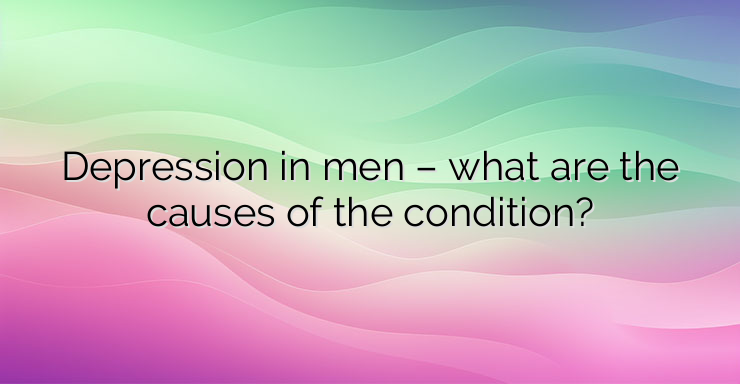Depression in men often goes undiagnosed and is also very often misdiagnosed. This is because depression is thought to be a condition that is more prevalent in women. This makes depression in men often overlooked. Men also have a harder time coming to terms with the reality that they are depressed or ignoring the symptoms of depression. When a man is depressed, he may mask his emotions, allowing his depression to manifest in anger and irritability. A 2013 study on the differences between how men and women experience depression found that men were more likely to experience anger and aggression than women. They are also more likely to turn to alcohol and drug abuse as an escape from depressive thoughts. Societal and cultural pressures about how men should behave play a huge factor in why men are less likely to report symptoms of depression and why these cases are likely to remain misdiagnosed. Men are often reluctant to admit that they suffer from depression because they believe that their friends, family and peers may perceive them as not strong or masculine enough. Delayed diagnosis of depression in men can lead to fatal outcomes. One of the most severe symptoms of depression is suicidal thoughts. The data show that although women are more often diagnosed with depression and have more suicide attempts, men have more suicides than women. There is no single cause of depression, and in some cases, no underlying cause for the condition can be found. However, research shows that there are multiple risk factors and triggers (depression triggers) that could be responsible for men developing the condition. These include: Environmental stressors (external stimuli or events) – certain life experiences can trigger depression in men. For example, losing a job or a loved one can cause feelings of sadness and despair that can give way to depression; Genetic predisposition – men who already have a family history of depression are at increased risk of developing the condition than men who do not have such a predisposition; Other health problems – serious conditions that impair quality of life or treatments such as cancer can cause depression in men. Having a history of other mental illnesses can also increase the likelihood of developing depression; Medications – side effects of certain medications such as corticosteroids, anticholinergics and benzodiazepines can also contribute to depression. Bibliography: National Institute of Mental Health (NIMH). Men and depression Martin LA, Neighbors HW, Griffith DM. The experience of symptoms of depression in men vs women:analysis of the National Comorbidity Survey Replication. JAMA Publishing HH. Recognizing depression in men. Harvard Health Verywell Mind. Depression In Men: What to Know


Leave a Reply